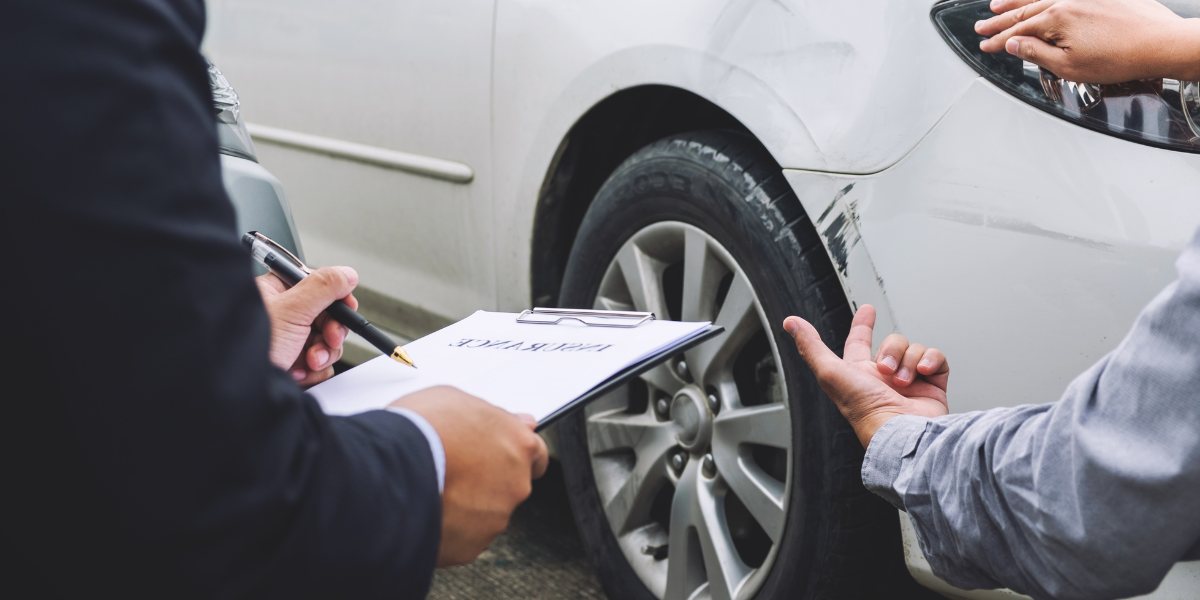Dealing With Insurance Adjusters After a Car Crash
by Mark Hunt

Pittsburgh’s busy streets, steep hills, and complex network of bridges create a driving environment that demands constant awareness. From the crowded tunnels leading into Downtown to the unpredictable traffic on the Parkway West, local drivers face conditions that can change in an instant. When an accident occurs, it can leave victims not only physically shaken but also uncertain about what comes next. In a city where road construction, weather shifts, and heavy commuter traffic are constant factors, car crashes are a common reality. What often follows is a complicated process of dealing with insurance companies, where one wrong move can impact the outcome of a claim. Understanding how to approach these interactions is critical for protecting your rights and ensuring fair compensation.
Dealing with insurance adjusters after a car crash requires preparation, patience, and awareness of how insurers operate. While adjusters may seem helpful, their primary duty is to minimize payouts for their company, not to advocate for the injured party. Clear communication, careful documentation, and a strong understanding of policy terms can make a significant difference in achieving a fair result. For those unsure of how to navigate these discussions, a Pittsburgh car accidents lawyer can provide guidance, manage negotiations, and help prevent costly mistakes. Having experienced legal support ensures that victims can focus on recovery while their claim is handled with professionalism and care.
Understanding the Role of an Insurance Adjuster
Adjusters are responsible for estimating damage and figuring out how much the insurance company owes. They assess claims, analyze the extent of damage, and arrange for settlements. Although adjusters work to settle claims fairly, they still represent the insurer. Understanding their role can help you prepare for negotiations.
Gathering Essential Information
Preparation is key. Collect all required documentation, including police reports, medical records, and photographs from the accident scene. This documentation strengthens your claim by providing context for the incident. If you have these details on hand, then you can confidently make your case when you speak to an adjuster.
Communicating Effectively
Clear communication sets the tone for the claims process. Begin by writing down the name of the adjuster, their contact information, and any claim reference numbers. It is important to stick to the facts during conversations. Avoid speculating about the accident or the severity of your injuries. Being factually correct is a great way to build credibility and trust.
Being Cautious With Recorded Statements
An adjuster may ask you for a recorded statement. Though it might seem like a standard request, this is something that needs to be handled carefully. You can say no or delay until you are ready. If you have chosen to provide a statement, focus on factual information and avoid assigning blame. You should also consult a lawyer before providing a statement.
Negotiating a Fair Settlement
At times, insurance companies will offer you a settlement, but it may not cover all of your costs. Evaluate these offers critically. Think about everything that financially sets you back, like medical costs, repairs, or even missed work. Initial offers usually do not account for all damages. A lawyer can help you assess these offers and negotiate fair compensation.
Seeking Professional Guidance
Working with a legal expert can be beneficial in cases that are complicated or involve disputed liability. An attorney can explain your rights, help you with the claims process, and secure a fair settlement. Working with a lawyer can also alleviate some of the stress associated with this process.
Documenting All Interactions
Maintain a meticulous log of every communication with the insurance company. Record dates, times, and what was said in phone calls, emails, and meetings. This documentation can help clarify details and prevent misunderstandings. It can also be helpful if you need to escalate the issue or need more help.
Understanding Your Policy
It is crucial to understand your insurance policy and the coverage you are entitled to. This knowledge is essential to temper your expectations and to know exactly what you should be getting in return. If there is anything you do not understand, you can ask your insurer for clarification.
Conclusion
Being prepared and communicating clearly can help you deal with insurance adjusters after a car accident. Understanding the adjuster’s responsibilities, knowing what information you need to document for the claim, and being careful about recorded statements can help you navigate the claim process. Negotiating a fair settlement and seeking professional experience when necessary will increase the chance of a favorable outcome.
Pittsburgh’s busy streets, steep hills, and complex network of bridges create a driving environment that demands constant awareness. From the crowded tunnels leading into Downtown to the unpredictable traffic on the Parkway West, local drivers face conditions that can change in an instant. When an accident occurs, it can leave victims not only physically shaken…